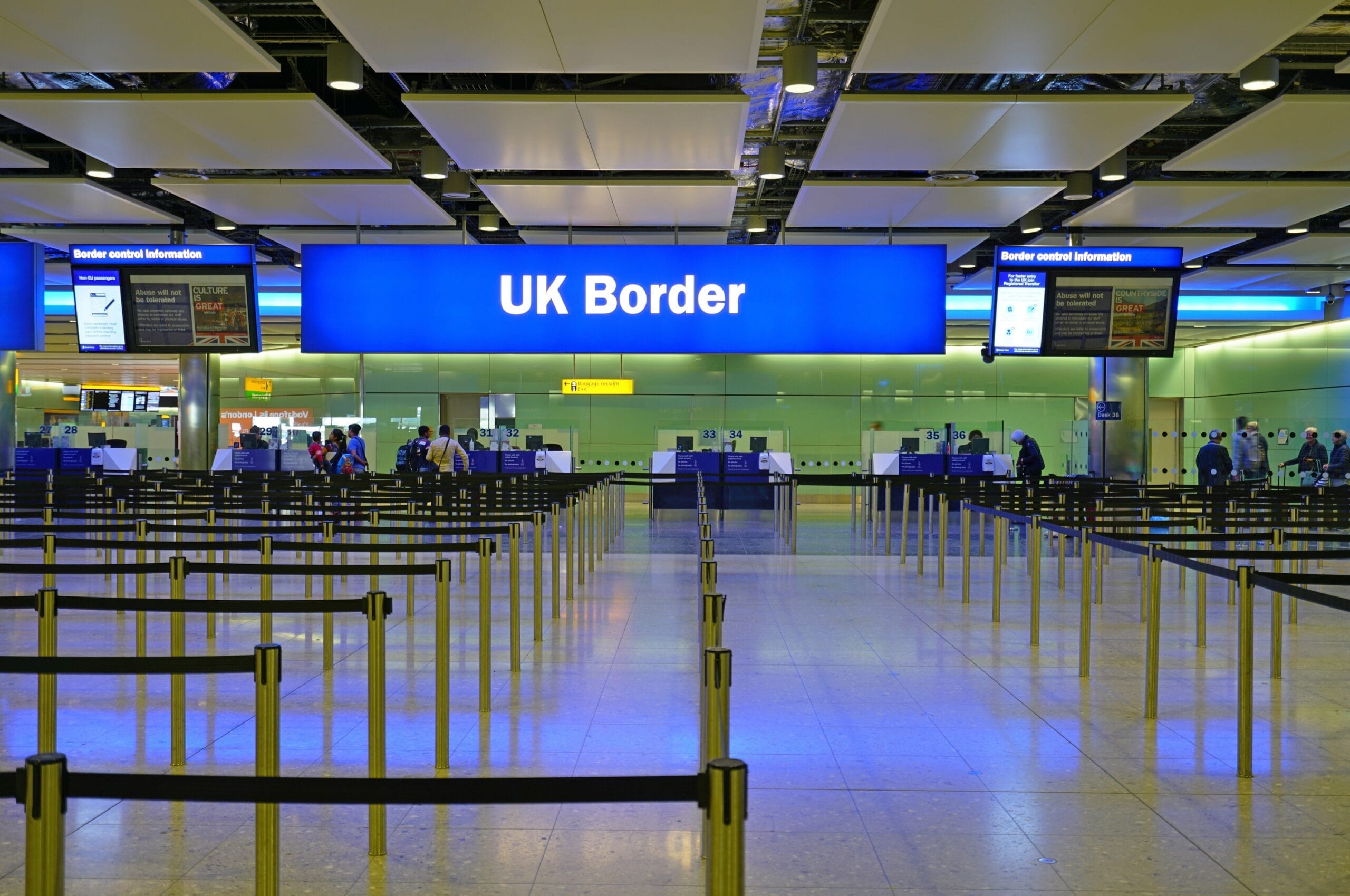
The UK intends to stop its “failed free market experiment” with immigration
The British government announced proposals on Sunday to limit skilled worker visas to graduate-level positions and compel companies to provide more training for local workers in an effort to reverse what it described as the “failed free market experiment” in mass immigration.
Nigel Farage’s right-wing, anti-immigration Reform UK party won last month’s local elections, putting pressure on British Prime Minister Keir Starmer to reduce net migration.
According to the government’s new proposals, only individuals with graduate-level occupations would be eligible for skilled visas, while lower-skilled visas will only be given in fields that are vital to the country’s industrial policy. In exchange, companies will be required to provide more training for British workers.
The measures, according to the Labour government, will be included in a white paper, a policy document that will be released on Monday and outline ministers’ plans to lower immigration.
The 2016 vote to exit the European Union was largely influenced by high levels of legal migration, as voters were dissatisfied with the free movement of workers throughout the bloc.
The subsequent Conservative government lowered the bar to make skilled worker visas available to people in occupations including yoga instructors, dog walkers, and DJs once Britain finally exited the EU in 2020.
“We inherited a failed immigration system where the previous government replaced free movement with a free market experiment,” British Interior Minister Yvette Cooper announced. “We are taking decisive action to restore control and order to the immigration system.”
New work visa regulations and individuals entering the country from Ukraine and Hong Kong under special visa programs caused a spike in immigration, despite the fact that post-Brexit visa modifications saw a dramatic decline in the number of European Union migrants to Britain.
In the year to June 2023, net migration—the sum of the number of individuals entering and departing the country—rose to a record 906,000. This is in contrast to the 184,000 people who arrived during the same period in 2019, when Britain was still a member of the European Union.
All Categories
Recent Posts
Tags
+13162306000
zoneyetu@yahoo.com



